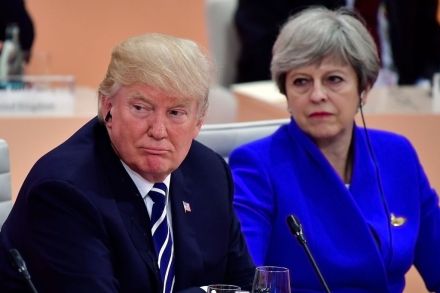Labour moderates turn up the heat in Cold War with Corbyn
Jeremy Corbyn’s response on Russia continues to send ripples through the Labour party. After the Labour leader failed to say that he believed Russia to be responsible for this attempted murder, his spokesman went one further in the post-PMQs briefing. They appeared to compare the intelligence about the Salisbury attack to the reports of weapons of mass destruction ahead of the Iraq war: ‘I think obviously the government has access to information and intelligence on this matter which others don’t; however, also there’s a history in relation to WMD and intelligence which is problematic to put it mildly.’ But this view is not one that is echoed across the party. As Isabel



















